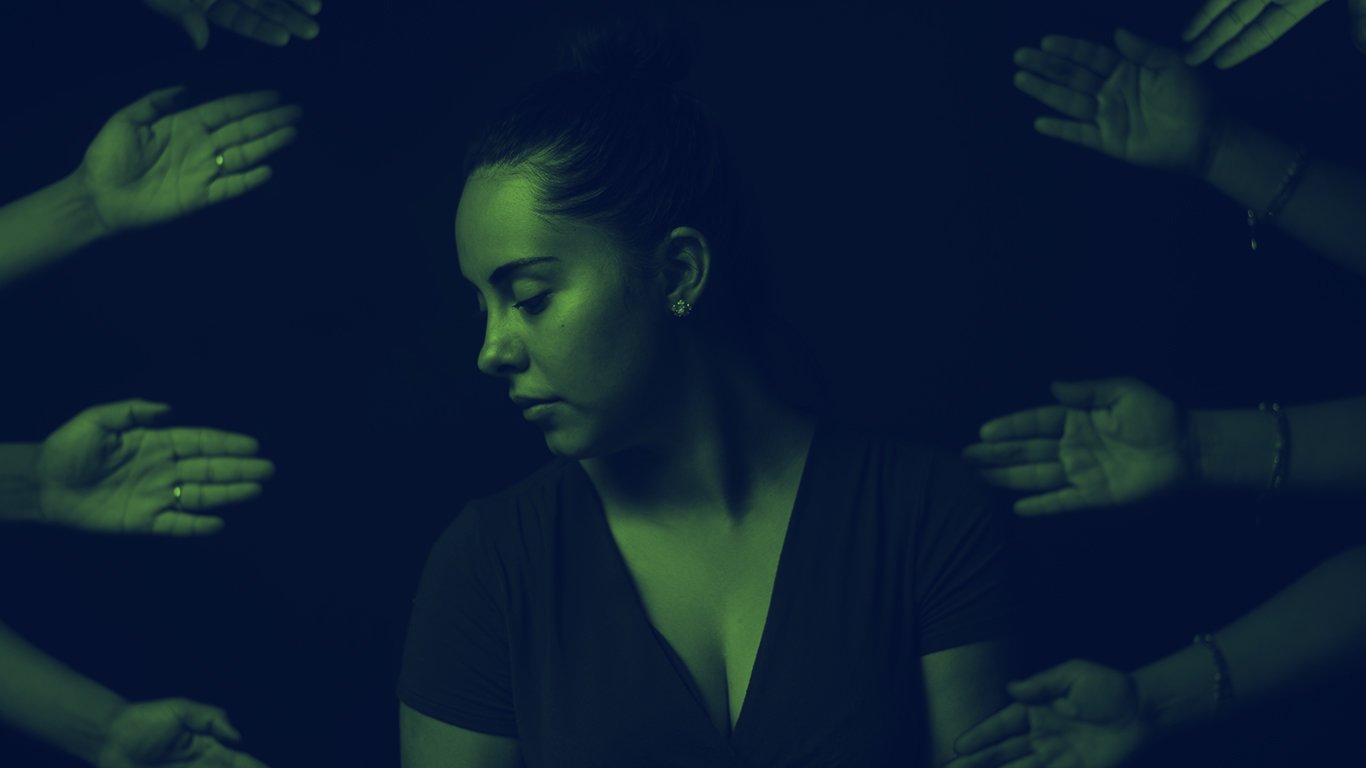Summary
We already know that women receive a tiny portion of total venture capital funding and many attribute this, in part, to homophily (the idea that “like is attracted to like”) as male venture capitalists primarily invest in founders who are similar to them. The authors of this paper were curious if female founders experienced this in other funding venues, and found that on crowdfunding platforms like Kickstarter, female-led projects in industries like technology were significantly more likely to achieve their fundraising goals than male-led projects. They also found that female funders, in particular, are far more likely to invest in female (vs. male) founders, particularly in industries where women have traditionally been underrepresented. However, the authors attribute this not just to an affinity for founders of the same gender, but rather an intentional activism–suggesting that this intention can help to change the discriminatory fundraising situation for female founders.
How, then, does homophily impact individual choice about who we support and when? While we know that shared characteristics such as gender, class, race, and ethnicity can influence who we like, we also know that individual traits, as well as broader group identities, are at play.
This paper demonstrates that in addition to similarity, perceptions of shared structural limitations and the desire to help overcome them, may also influence who we like.
Research
The barriers that female entrepreneurs face in raising capital, particularly VC funding, is well documented: between 1 and 6% of VC-backed companies have female founders (whereas 40% of all American businesses are founded by women). One reason for this is the makeup of the industry itself, only 14% of all venture capitalists are women, and male venture capitalists have mostly male networks which reduce their exposure to female entrepreneurs. Crowdfunding, however, is open to anyone with internet access and any amount (no matter how small) of money to invest in a project. Research has shown that homophily, in addition to bias and human capital differences, helps to explain choices made in venture capital (VC) and as researchers look at more non-traditional forms (e.g. crowdfunding) of venture funding.
So how does homophily work? In “mindless” or “choice” homophily, we develop networks of people like us, which can create an unintentional echo chamber where similar people interact with similar people (“induced” homophily). In “activist” homophily, we intentionally choose to affiliate with similar people because we identify shared barriers and wish to help others overcome them. The current academic literature focuses on homophily generally but this paper seeks to uncover how different types of homophily operate in different contexts. To explore how homophily influences the funding of female-led ventures, the researchers used lab-based experiments and then validated their findings with real-world data from the crowdfunding platform, Kickstarter. What’s interesting is that homophily shows up differently in crowdfunding versus traditional venture capital–why?
The lab-based experiment and real-world data were used to determine that:
- Women are more likely to support people similar to them,
- When women believe that another person faces similar barriers and limitations to them, they are often motivated to help that person overcome them, and
- Women are more likely to raise funds in fields where they are underrepresented and the greater the number of female funders, the more successful the female-led venture is in meeting their fundraising goal.
The lab-based experiment used a representative Kickstarter project and assigned a male or female founder to the profile. The participants were asked a series of questions to determine how similar they perceived the founder to be to themselves, whether they believed they faced shared barriers with the founder, and gauged whether the participant felt it was important to them to help that founder succeed. At the end of the study, the participants were given an additional $1 in compensation and asked how much they would like to contribute to the project they had just read about.
The results showed that both women and men are more likely to support projects with founders similar to themselves and that for women, this support was primarily characterized as “activist” homophily.
To further validate these findings and to consider behaviour across different fields, the authors used data from 1,250 Kickstarter projects across gaming, technology, film, fashion, and children’s books. The gaming and technology projects had predominantly male founders, the film projects were a relatively equal split, and the fashion and children’s books projects had predominantly female founders. The results showed that while the proportion of female funders is much higher in fashion, children’s books, and even film, the proportion of female funders who fund female-led projects is disproportionately higher in technology (the gaming sample was too small to determine accurately). The results also showed that female-led projects in technology were significantly more like to achieve their fundraising goals than male-led projects.
While the findings present strong evidence of “activist” choice homophily, the authors are clear that its influence will vary depending on the context and the perception of shared structural barriers.
Implications
- Venture Capital – Hiring more women with decision-making authority around funding choices would expand the network of entrepreneurs the VC has access to, but this will not necessarily lead to an increase in the number of female-led ventures that are funded. Gaining a critical mass of women in the business of funding start-ups should give more opportunities to a wider range of ventures and improve the deal-flow for VC firms.
- Business – The Kickstarter evidence shows that there are many women-led businesses not getting funding via traditional venues, but more non-traditional funding options would enrich the mix of businesses across industries. Because funders have a tremendous impact on the vision, culture, and practices of new companies, more female founders could have a significant impact on the landscape of start-ups and business as we know it.
- Fundraising – Female entrepreneurs should be aware that crowdfunding may offer more “democratized” access to funders, particularly in fields where women are underrepresented. However, they should also be aware that crowdfunding does not provide the same benefits (e.g. mentorship, access to preferential funding) that traditional investors provide.
Title
Activist Choice Homophily and the Crowdfunding of Female Founders
Authors
Jason Greenberg, Ethan Mollick
Institutions
New York University,
University
of Pennsylvania
Source
Administrative Science Quarterly
Published
November 2016
Link
http://asq.sagepub.com/content/
early/2016/11/04/000183921667
8847.abstract
Research brief prepared by
Celeste Jalbert







